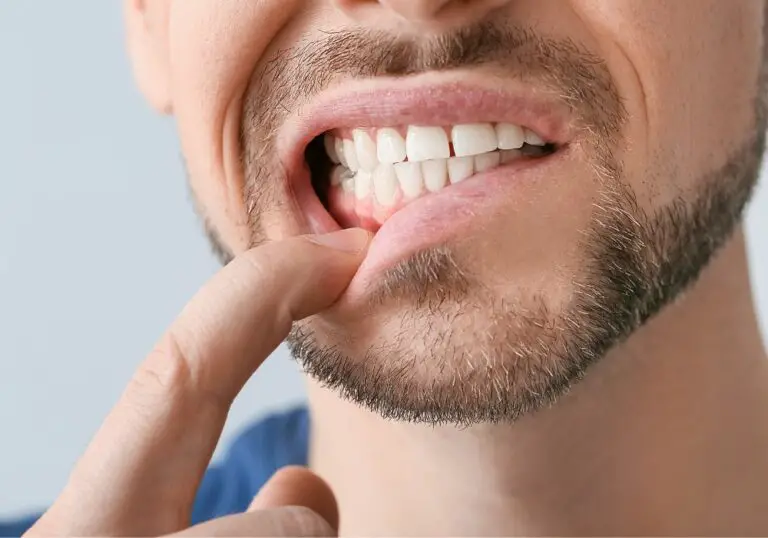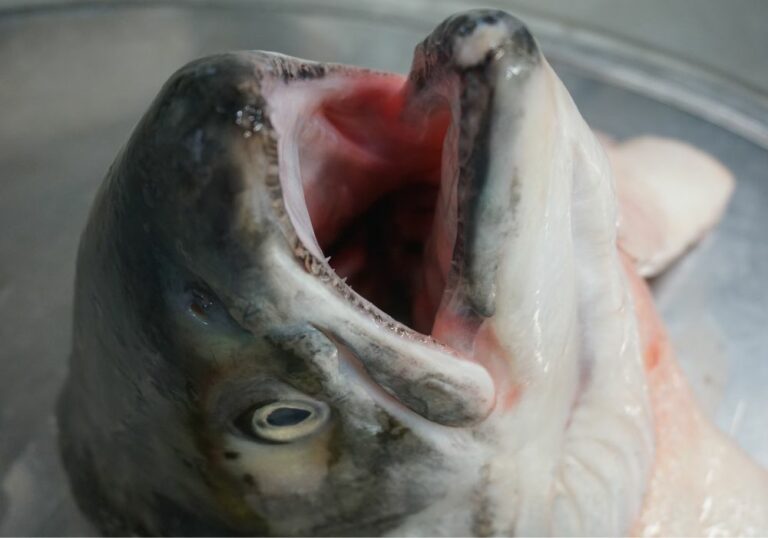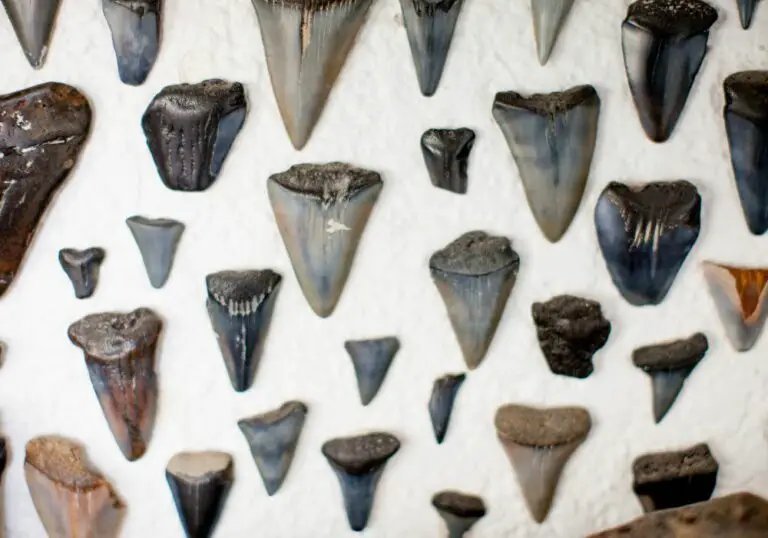If you’re a new puppy owner, you may be wondering about their teething process. One common question is whether puppies stop teething when their teeth fall out. The answer is no, puppies do not stop teething when their baby teeth fall out. In fact, teething can continue until they are around six months old.
When puppies are born, they don’t have any teeth. However, by the time they are three weeks old, they start to develop their baby teeth. These teeth, also known as deciduous teeth, will eventually fall out to make way for their adult teeth. As their adult teeth start to come in, puppies may experience discomfort and chew on things to alleviate the pain. This is a normal part of their teething process.
Understanding Puppy Teething

As a new puppy owner, it’s important to understand the teething process that your furry friend will go through. Teething is a natural and necessary process for puppies to develop strong and healthy adult teeth. Here are some key things to keep in mind:
When Does Puppy Teething Start?
Puppies are born without teeth, but their baby teeth, also known as deciduous teeth, begin to come in around 2-4 weeks of age. By 6-8 weeks, puppies will have a full set of 28 baby teeth. These teeth are not as strong as adult teeth and will eventually fall out to make way for permanent teeth.
When Do Puppy Teeth Fall Out?
As puppies grow, their adult teeth start to develop and push against the roots of their baby teeth. This causes the baby teeth to become loose and fall out. Most puppies start losing their baby teeth around 3-4 months of age, but the process can continue until they are 6-7 months old.
What Are the Symptoms of Puppy Teething?
During the teething process, puppies may experience some discomfort and exhibit certain behaviors. Some common symptoms of puppy teething include:
- Chewing and biting on objects more than usual
- Drooling and excessive licking
- Swollen or bleeding gums
- Loss of appetite or difficulty eating
- Whimpering or crying
How Can You Help Your Teething Puppy?
There are several things you can do to help your puppy through the teething process:
- Provide safe chew toys to help relieve pain and redirect chewing behavior
- Freeze toys or wet washcloths to provide extra relief for sore gums
- Avoid giving your puppy hard or brittle items to chew on, as they can damage teeth or pose a choking hazard
- Keep an eye on your puppy to prevent them from chewing on inappropriate objects
- Offer soft or wet food if your puppy is having difficulty eating
By understanding the teething process and providing appropriate care and attention, you can help ensure that your puppy develops strong and healthy adult teeth.
When Do Puppies Start Teething

If you’re a new puppy owner, you may be wondering when your furry friend will start teething. Teething is a natural process that all puppies go through, and it’s important to know what to expect so you can help your pup through this stage.
First Set of Puppy Teeth
Puppies are born without teeth, but they begin to develop their first set of teeth at around two to three weeks of age. These teeth, also known as deciduous teeth or milk teeth, are temporary and will eventually fall out to make way for their permanent adult teeth.
The first teeth to emerge are the incisors, which are the small, narrow teeth at the front of the mouth. Puppies will have six incisors on both the top and bottom jaw. Next, the canine teeth will emerge, followed by the premolars. By the time your puppy is eight weeks old, they should have a full set of deciduous teeth.
Permanent Adult Teeth
As your puppy grows, their deciduous teeth will begin to fall out to make way for their permanent adult teeth. This process usually begins at around three to four months of age and can continue until your puppy is six months old or older.
The first teeth to fall out are usually the incisors, followed by the canine teeth and premolars. The molars, which are the larger teeth at the back of the mouth, will come in last. By the time your puppy is six months old, they should have a full set of permanent adult teeth.
During the teething process, your puppy may experience discomfort and pain as their teeth come in and their baby teeth fall out. You can help ease their discomfort by providing them with appropriate chew toys and treats, and by regularly brushing their teeth to keep their mouth clean and healthy.
In summary, puppies start teething at around two to three weeks of age, and their first set of teeth should be fully developed by eight weeks. Their permanent adult teeth will begin to come in at around three to four months of age and should be fully developed by six months. Be patient and supportive during this process, and your puppy will soon have a healthy, happy smile.
Do Puppies Stop Teething When Their Teeth Fall Out
Teething is a natural process for puppies as their teeth grow and develop. Puppies usually start teething at around 3-4 months of age, and this process can last until they are about 6-7 months old. During this time, puppies will experience discomfort and may chew on objects to relieve their pain.
As puppies grow, their baby teeth will start to fall out, making way for their permanent teeth. This process is known as shedding, and it usually occurs between 4-6 months of age. The incisors and canines are the first teeth to fall out, followed by the premolars and molars.
It’s important to note that puppies may continue to chew and mouth objects even after their baby teeth have fallen out. This is because their permanent teeth are still growing and developing, and chewing helps to relieve the discomfort they may be feeling.
To help your puppy through the teething process, you can provide them with safe chew toys and treats. Avoid giving your puppy objects that are too hard or small, as these can pose a choking hazard or damage their teeth.
In summary, puppies do stop teething when their baby teeth fall out, but the process of growing and developing their permanent teeth can still cause discomfort and a need to chew. Providing your puppy with appropriate chew toys and treats can help them through this process and prevent destructive chewing on household objects.
Signs That Your Puppy’s Teething Is Ending
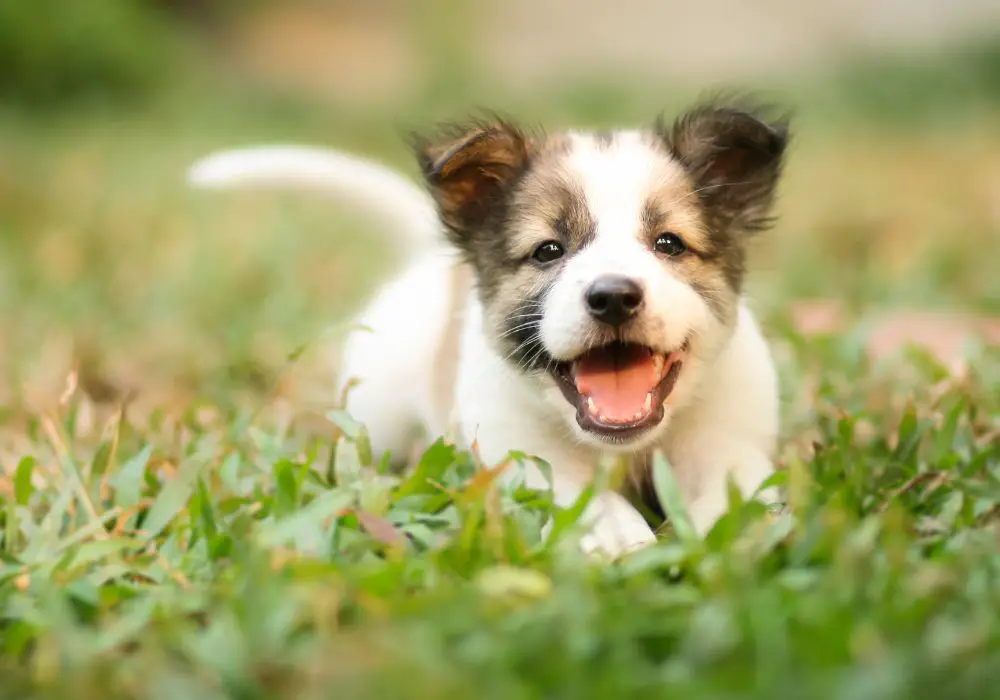
Congratulations! Your puppy’s teething is coming to an end. Here are some signs that your puppy is almost done with the teething process:
- Your puppy’s baby teeth are falling out, and adult teeth are taking their place. You may find tiny teeth around the house or notice your puppy chewing more aggressively than before.
- Your puppy’s chewing habits may decrease as the discomfort of teething subsides.
- Your puppy’s gums may appear less swollen and inflamed.
- Drooling and excessive chewing may decrease.
- Your puppy’s appetite may increase as they can now chew and eat more comfortably.
It’s essential to continue to monitor your puppy’s chewing habits and provide them with safe chew toys to prevent destructive chewing. Keep in mind that some puppies may finish teething earlier or later than others, so be patient and keep an eye on your furry friend’s progress.
Overall, with proper care and attention, your puppy will soon have a full set of healthy adult teeth, and the teething process will be a distant memory.
How to Help Your Teething Puppy
Teething can be a painful and uncomfortable process for your puppy. Here are some tips to help alleviate their discomfort:
Provide Appropriate Chew Toys
Chewing can help soothe your puppy’s gums and distract them from the discomfort of teething. Make sure to provide appropriate chew toys that are safe and durable. Some good options include:
- KONG Puppy Binkie
- Petstages Cool Teething Stick
- Nylabone Puppy Chew Toys
Cold Treats
Cold items can help soothe any pain and inflammation. Try giving your pup chilled or frozen treats, like blueberries, carrots, or even plain ice cubes. Just make sure to supervise them while they enjoy their treat.
Gentle Massage
Gently massaging your puppy’s gums can also help alleviate their discomfort. Use a clean finger or a soft cloth to rub their gums in a circular motion.
Avoid Hard Treats
Avoid giving your puppy hard treats or bones that can damage their teeth or gums. Stick to soft treats and chew toys that are specifically designed for teething puppies.
Consult with Your Veterinarian
If you notice excessive bleeding, swelling, or other concerning symptoms, consult with your veterinarian. They can provide guidance on how to manage your puppy’s teething discomfort and ensure that they are healthy.
Remember, teething is a normal and temporary phase that all puppies go through. With a little extra care and attention, you can help your puppy get through this stage with minimal discomfort.
Potential Teething Problems
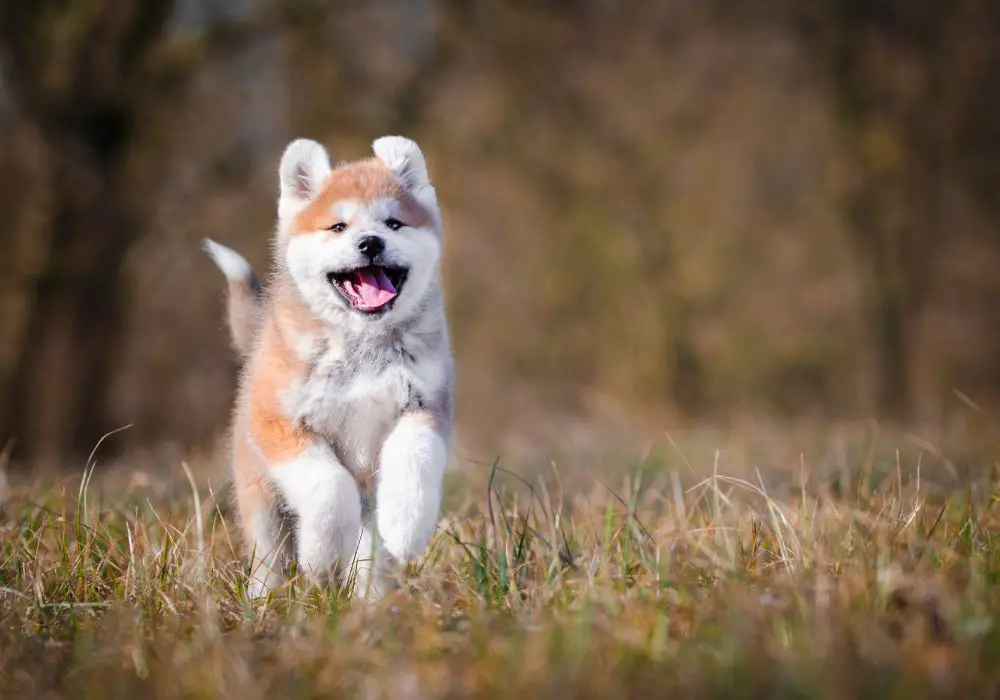
While teething is a natural process for puppies, it can cause some discomfort and potential problems. Here are a few things to keep in mind:
Chewing
Puppies will want to chew on anything they can get their teeth on during the teething process. This can include shoes, furniture, and even electrical cords. You can help prevent this by providing your puppy with appropriate chew toys. Soft toys, rubber toys, and chilled or frozen toys can be particularly helpful for soothing sore gums.
Behavioral Changes
Teething can also cause behavioral changes in puppies. They may become more irritable, restless, and have trouble sleeping. They may also start nipping or biting more frequently. It’s important to continue training your puppy during this time to help them learn appropriate behavior.
Dental Problems
While losing baby teeth is a normal part of the teething process, it’s important to keep an eye on your puppy’s dental health. If a baby tooth doesn’t fall out on its own, it can cause problems with the adult tooth coming in correctly. Additionally, puppies can develop dental problems such as gingivitis, which can be painful and require veterinary treatment.
Nutritional Needs
Puppies have specific nutritional needs during the teething process. They may have trouble eating hard kibble, so you may need to switch to a softer food or moisten their kibble with water. It’s important to provide your puppy with a balanced diet that includes plenty of protein, vitamins, and minerals to support healthy growth and development.
By being aware of these potential teething problems, you can help ensure that your puppy stays healthy and comfortable during this important stage of their development.
Frequently Asked Questions
When do puppies get their adult teeth?
Puppies start getting their adult teeth around 3 to 4 months of age. The process can take several months, and by the time they are 7 months old, they should have all their adult teeth.
Do puppies lose teeth at 5 months?
Yes, puppies start losing their baby teeth at around 4 to 6 months of age. The process can take several months, with the last of the baby teeth falling out at around 6 to 8 months of age.
What happens to puppy teeth when they fall out?
When a puppy’s baby teeth fall out, they are usually swallowed or lost. It is normal for puppies to swallow their baby teeth, and it will not cause them any harm. However, if you notice that your puppy is having trouble eating or seems to be in pain, you should contact your veterinarian.
How to help puppy teeth fall out?
You can help your puppy’s teeth fall out by giving them appropriate chew toys to gnaw on. Soft toys, rubber toys, and chilled or frozen toys can help relieve the pain of teething. Avoid giving your puppy hard toys that could damage their teeth. You can also offer your puppy a wet washcloth to chew on.
When do dogs stop teething and chewing?
Dogs usually stop teething and chewing by the time they are 7 to 8 months old. However, some dogs may continue to chew throughout their lives, especially if they are not given appropriate chew toys.
Will my puppy stop biting when teeth fall out?
Puppies may continue to bite and chew even after their baby teeth have fallen out. It is important to continue to train your puppy not to bite or chew on inappropriate objects. Provide your puppy with appropriate chew toys and redirect them when they start to chew on something they shouldn’t. With consistent training and appropriate chew toys, your puppy should eventually learn to stop biting and chewing on inappropriate objects.

